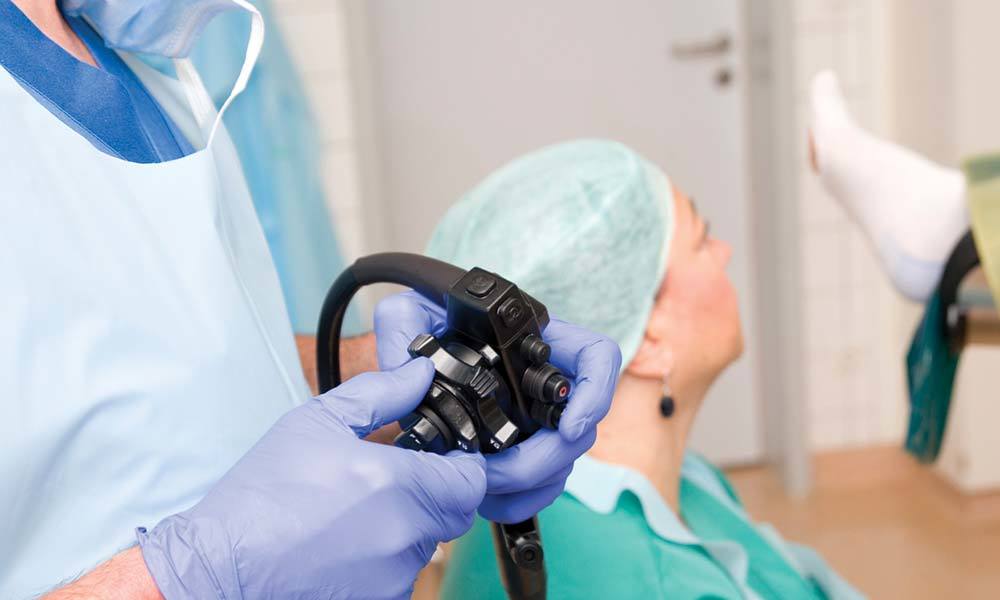
Early Signs Of Colon Cancer
Many forms of cancer start to develop in both men and women as they age, and colorectal cancer is no exception. Colorectal cancer, cancer of the colon and rectum, is the third most commonly diagnosed cancer among men and women in the United States, with an estimated 101,420 new cases expected to be diagnosed in 2019. One of the best ways to avoid a late-stage diagnosis of the disease is to understand and recognize early symptoms.
What Are The Early Warning Signs Of Colorectal Cancer?
Some people might assume that if they have colorectal cancer, there would be some glaringly obvious signs of the illness. While some signs are alarming, other signs are not as clear and could easily be ignored or passed off as something less serious. The following symptoms are considered early signs of colorectal cancer:
Changes In Bowel Habits
Although your bowel habits can change from day to day depending on what you’re eating, minor stomach bugs, or even a change in exercise, you should take note if these issues last for more than a couple weeks. Changes in your bowel habits can include constipation, diarrhea, and pain while using the restroom. You should also note whether having a bowel movement relieves the feeling of needing one. A classic sign of colorectal cancer is still feeling the urge to have a bowel movement even after just having had one. Lastly, blood in your stool can be another sign and should never be ignored.
Physical Changes
Aside from changes you might observe in the bathroom, you should also be on the lookout for changes in your overall health. You may find yourself losing weight inexplicably and without any changes to your diet or exercise routine. Colorectal cancer patients are also prone to fatigue, shortness of breath, and anemia. Cramping and bloating are also common.
How Does Colorectal Cancer Develop?
As with any cancer, colorectal cancer is caused by uncontrolled cell division and growth in your lower GI system, the colon, and rectum. Colorectal cancer often begins as small, precancerous polyps within the colon and rectum. They grow very slowly and often don’t cause any symptoms until they develop into cancer.
Can Colorectal Cancer Be Avoided?
Colorectal cancer is a unique form of cancer in the sense that there are actually ways to avoid it and to prevent it from growing. These precancerous polyps that are the early signs of colorectal cancer are very slow-growing. They can take 10 to 15 years to go from a benign growth into a cancerous one. If they’re properly monitored, there is a potential that they can be removed and cancer can be avoided.
One of the best methods to prevent polyps in the colon and rectum from growing into cancer is through regular screening. Thankfully, colonoscopies are a simple and effective tool available to detect cancer, monitor it, and remove concerning growths if necessary. The American Cancer Society changed the screening guidelines in 2018, lowering the age they advise for your first colonoscopy to 45 for low to average risk patients. If no abnormalities are detected, you’re generally safe to wait another 10 years before your next colonoscopy.
Depending on the findings of your exam, our team can choose to remove concerning polyps or revisit them, continuing to monitor them through regular colonoscopies. If you are a member of a high-risk category, you may need to begin these life-saving exams earlier. Please discuss your family and personal health history with your doctor to determine if you fall into this category.
What Should My Next Steps Be?
As with any serious illness or form of cancer, taking preventative measures is always preferable to reactive ones. Don’t wait until you’ve been noticing symptoms for a year before you get make an appointment to see your doctor. Pay close attention to your body and your bathroom habits, and take note of any changes. Even if you are in perfect health, make an appointment for your first colonoscopy by the time you turn 45. After your exam, we will be able to discuss your best options moving forward.